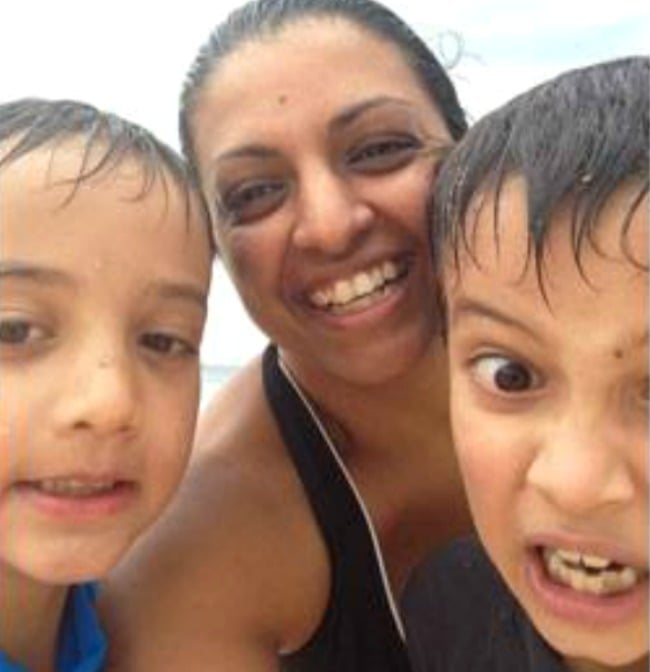Parents will know there are few things more mortifying than your child throwing a tantrum in public.
The kicking, the screaming, the crying, the judgey looks from others and the feeling of anger, frustration, embarrassment and even hopelessness.
Sydney-based parenting coach Dina Cooper remembers the feeling well, especially the sense of judgement from other parents.
“It’s happened to me plenty of times. Your standing there and you’re going ‘oh my god, you’re embarrassing me, everyone’s now looking, I can’t believe you’re doing this again’ – you’ve got this dialogue running in your head,” Cooper, the founder of parent coaching service Hoogi says.
LISTEN: Mothers are guilting each other into post-natal depression, apparently. The Mamamia Out Loud team discuss. Post continues after audio.
Cooper tells Mamamia that before undertaking personal development program Fingerprint for Success she could only ever focus on how her child’s behaviour made her look to others. Now, she has an approach to dealing with her children’s tantrums that she says is much better for everyone.
In this instance, she says parents should first recognise the internal dialogue running through their head, and ask themselves, “how much do I as the parent pay attention to and put the authority outside myself?”
“When we can manage what’s going on for ourselves it absolutely transforms the way the child responds. They get over the tantrum quicker, because you’re regulating your emotions, they’re regulating their emotions, they calm down quicker – and they’re actually likely to tantrum less often,” Cooper said.





























































































